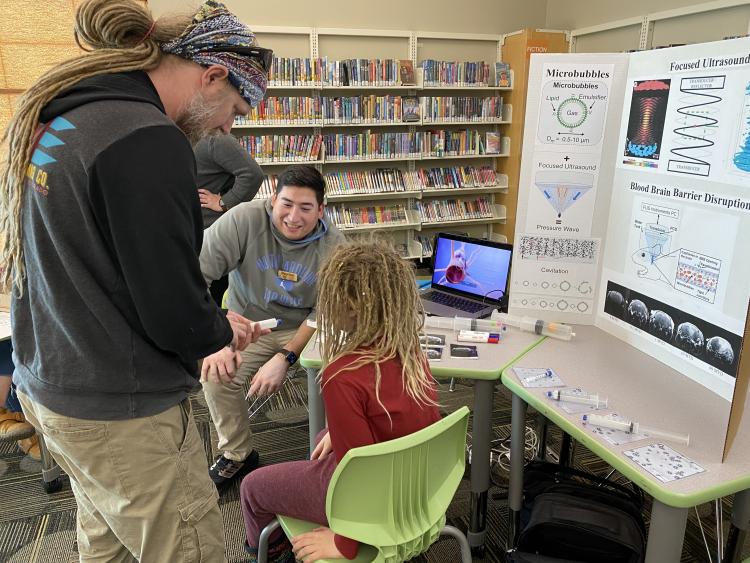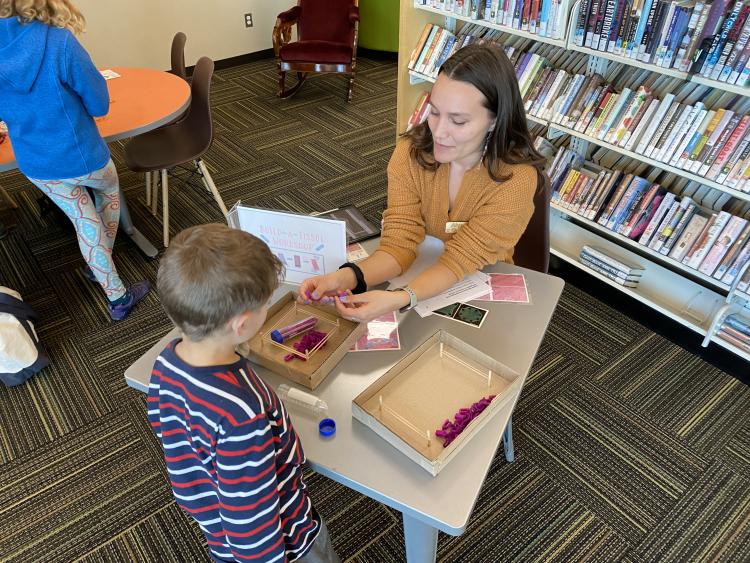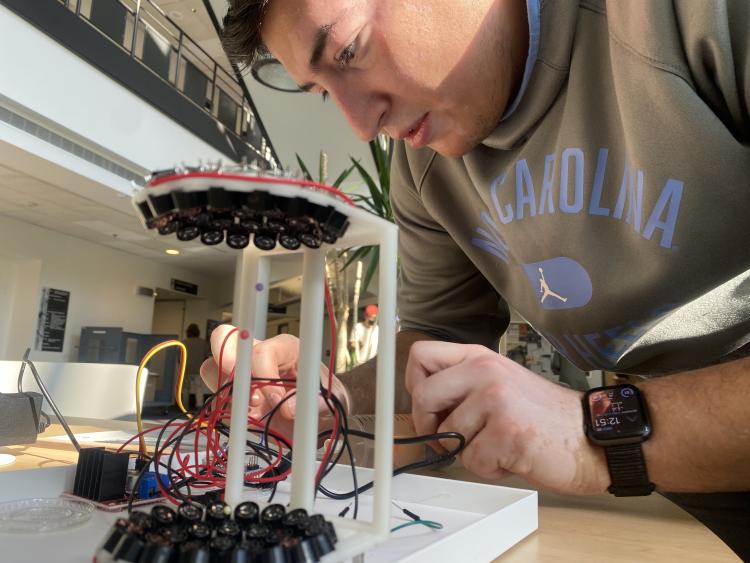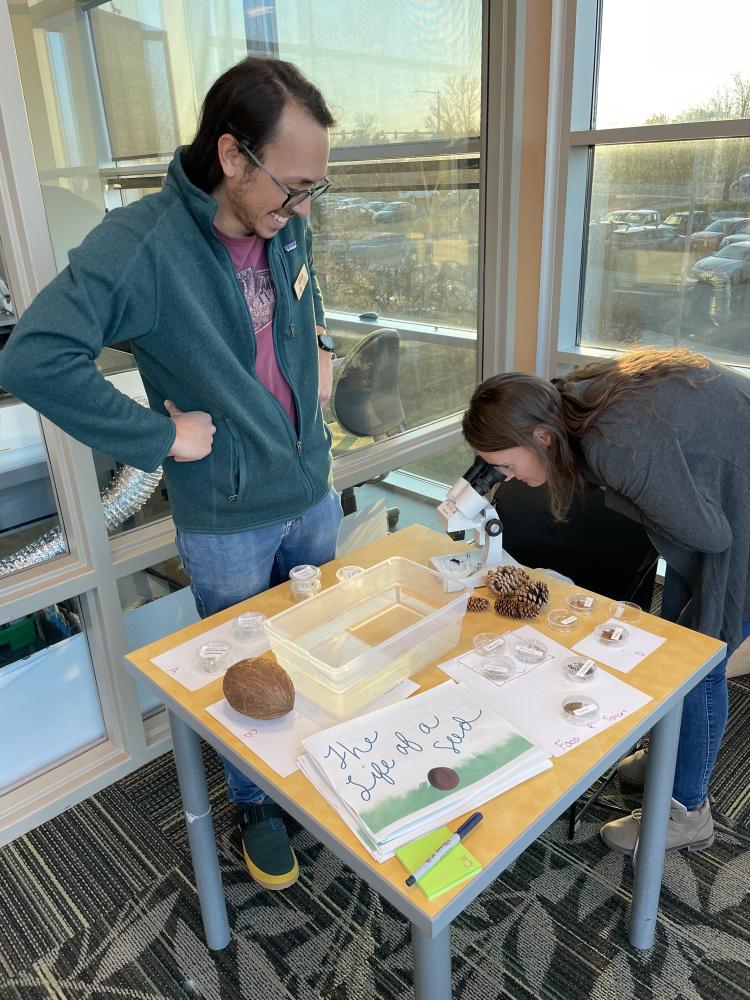Connect Youth with Science and Data using Art
Apply for a Fellowship and collaborate with scientists, museums, and fellow teachers.
Applications accepted through October 14, 2024.
CU Science Discovery, in partnership with the Office for Public and Community-Engaged Scholarship (PACES), is now accepting applications for a new paid Fellowship through the University of Colorado Boulder called Data + Art + Science + Community Activities for Youth (DASCAY). This Fellowship is designed for Colorado's art, science, math, and engineering teachers (grades 5-12) interested in collaborating with scientists, fellow teachers, and museums or libraries to develop exciting and creative ways for youth to delve into data about environmental issues.
Each cohort will be comprised of:
- 2 teachers from the same school:
- 1 art teacher
- 1 science, math or engineering teacher
- 1 university scientist (faculty, graduate students, and researchers in a variety of environmental science fields)
- 1 local museum or library partner
This community of learners will work together to develop data-driven art and science activities for use in their classrooms and by the general public at a museum or library, working to achieve the primary objective of this program – to connect art, science, data and place-based learning that addresses complex social and environmental issues while developing strong relationships among teachers, communities and university scientists.
Who is eligible to apply?
- Colorado public school teachers in grades 5-12; both rural and urban teachers are welcome to apply. Meetings with scientists and CU partners will be held via Zoom.
- Art, science, math and engineering teachers (must apply in a team of one art and one STEM teacher).
- Teachers with a strong interest in the program’s approach: Integrating data, art and science to grapple with research datasets and place-based environmental issues.
- Teachers who enjoy collaborating and co-designing.
Program benefits for teachers:
- $2,000 stipend for each teacher participant and additional funds for materials and travel as needed.
- 2 or more Continuing Education units.
- Develop hands-on, art and science-focused ways to grapple with real data, and address the need for students to develop data literacy across the curriculum.
- Form relationships with scientists, fellow teachers, and community partners.
- Gain confidence in engaging with key environmental and social issues affecting and connecting communities in the West—from fire and air quality to drought and water quality in urban and rural locations, and changing global climate.
- Amplify recognition of teachers as experts and contributors to community-wide learning and resilience.
Time commitment teacher Fellows should expect:
- Phase 1: November 2024 – May 2025
- Approximately 20 hours of work (approximately 13 hours of orientation, meetings and workshops; 7 hours of preparation and implementation)
- Phase 2: Summer 2025 – Fall 2025
- Approximately 20 hours of preparation work and meetings. Implementation work is not included, as it will depend on each teacher team.
Art + Science + Community Activities for Youth is a program of the Office for Public and Community-Engaged Scholarship and CU Science Discovery, with additional support from the Boulder County Arts Alliance. For questions about this program please contact Lisa Schwartz (303-735-6222) or Alex Rose.







